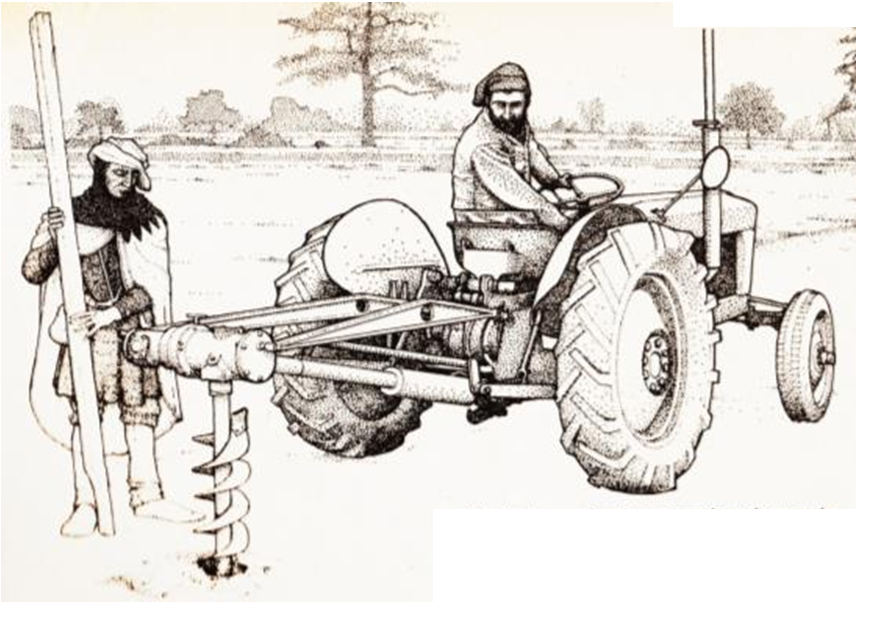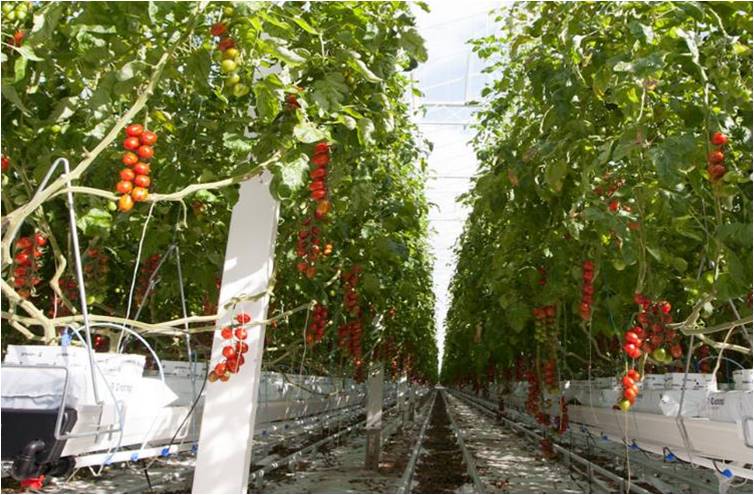EVENT 4: Visions and revisions:
Scenarios for the next forty yearsRadical Technology 1.0 put forward a decentralised, communitarian, low-tech vision of a sustainable world. Forty years later we know that vision was not realised, but could it yet be? What if we started again, with lessons learned and new understandings? Event 4’s workshop-style programme looks at three contrasting scenarios for the next forty years.
The day consists of scenario-building workshops exploring three contrasting visions of Radical Technology 3.0 in the next 40 years.
10:00 Introductions
Ian Roderick: A surprise-free innovation scenario
David King: A low-tech decentralist scenario
Paul Allen: A rapid-transition scenario
10:30 Three parallel sessions: construction of basic scenarios, and back-casting
12:30 Lunch
Special extra events, to be announced
14:00 Parallel sessions continued, joined by members of the Stories of Change project
16:00 Tea break
16:30 Reports back, comparisons
18:00 End of Conference
Degrowth
Closest to the original vision are the planned energy-descent or degrowth models emphasising local resources and management structures, simpler and more robust technologies. Essentially this aims to achieve sustainability through conviviality and ‘intermediate technology’. Changes of habit and lifestyle are profound.

Rapid Transition

In contrast are rapid-transition scenarios driven by active targeted innovation and high rates of investment and disinvestment. Typically the technologies are advanced/high-tech and operated on a massive shared scale, following a centrally-mandated strategy. Impacts on lifestyles are modest and arise largely through interaction with the new sustainable systems.
Green growth
Another class of scenarios implicitly aims to blast through sustainability problems with unfettered innovation and the principle of ‘smart growth’. This is a greener version of Business As Usual, aiming to apply the best new technologies, and allowing adaptation to any problems that might occur. Lifestyle changes arise as they do now, driven by new technical possibilities.

Sunday after tea.
Bringing it all together.Here the strands will be brought together, although of course many issues will remain unresolved. We will consider what today’s versions of Radical Technology might look like.
The conference will live on in the form of a web site to which material may be contributed. There might also be publications; perhaps even RT2.0; perhaps indeed a periodical.
It will be a work in progress.
